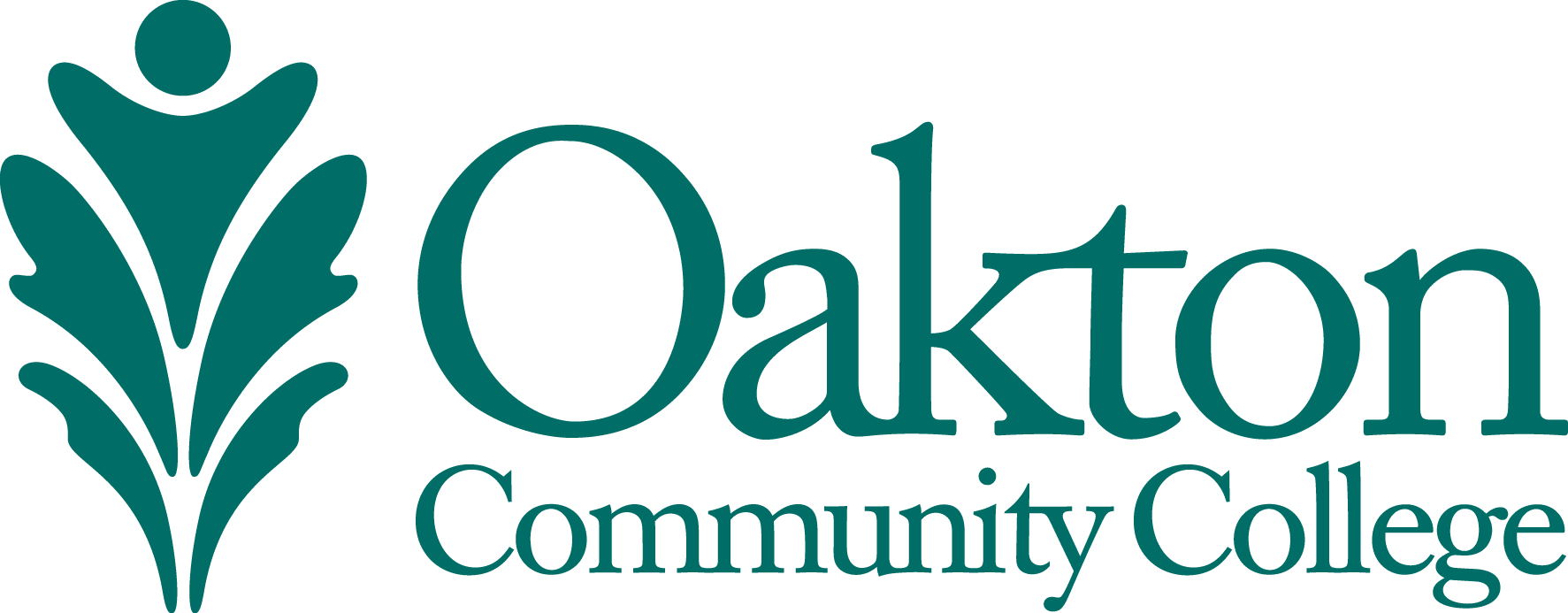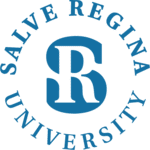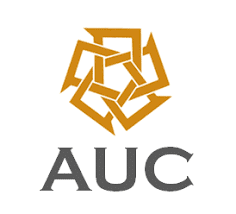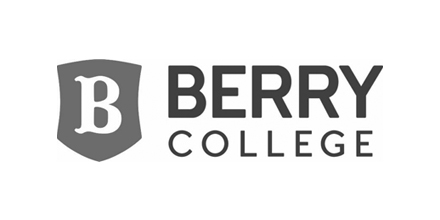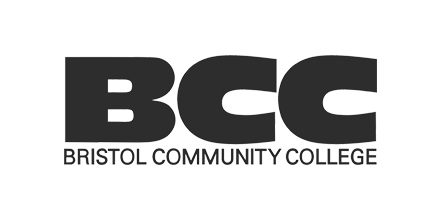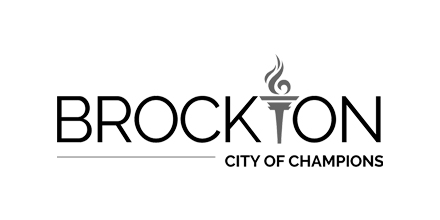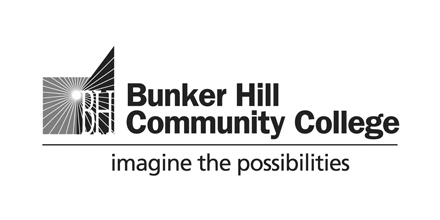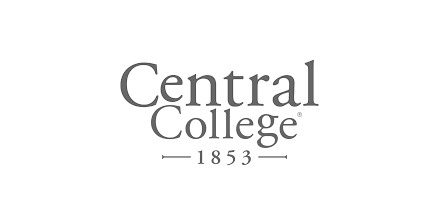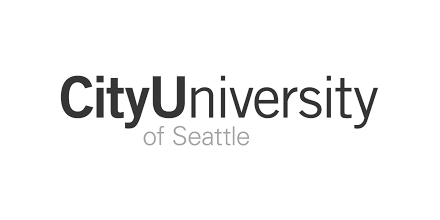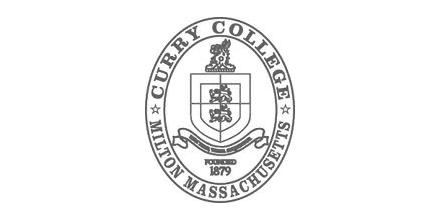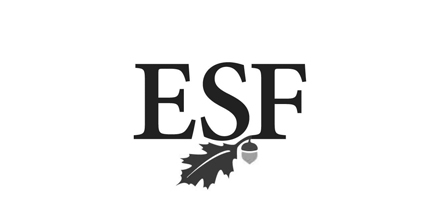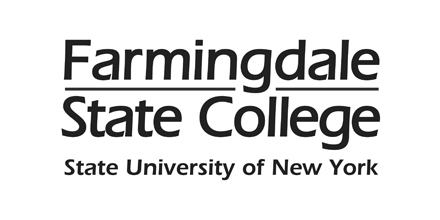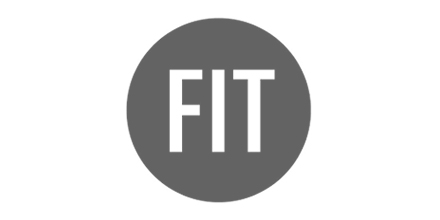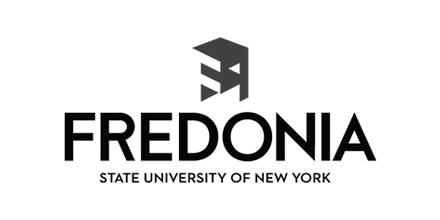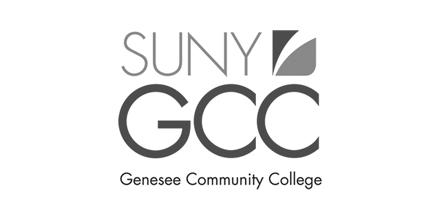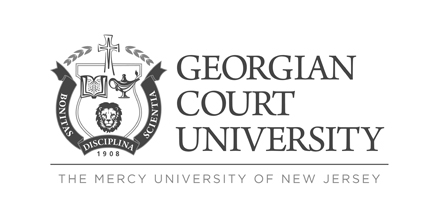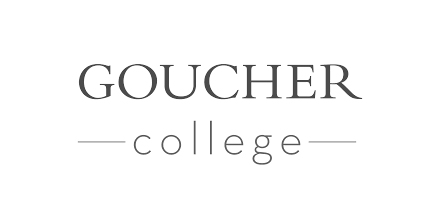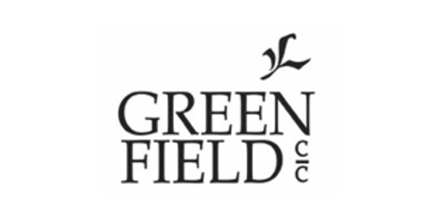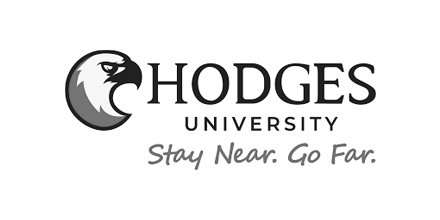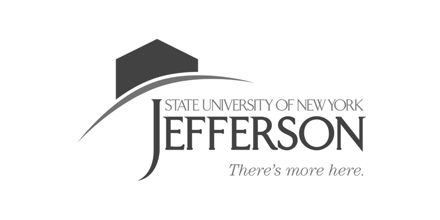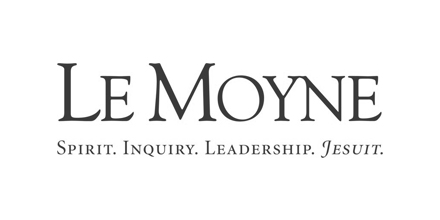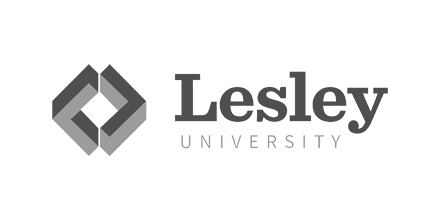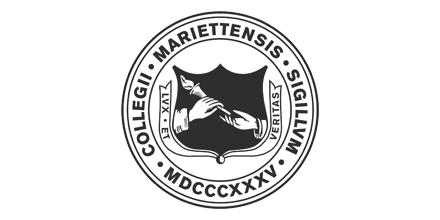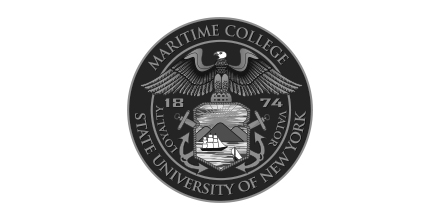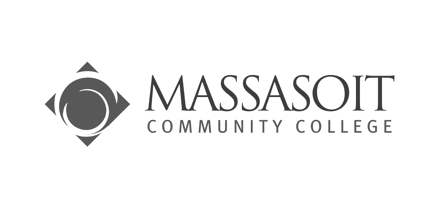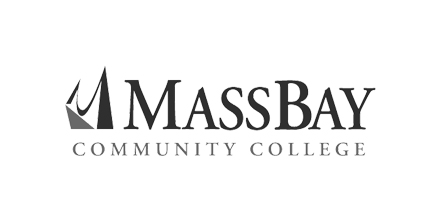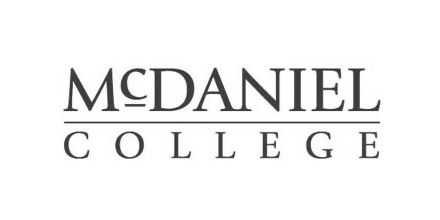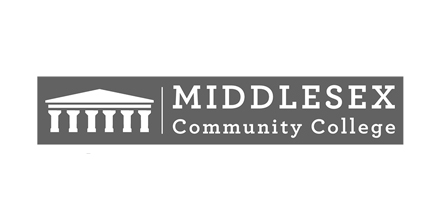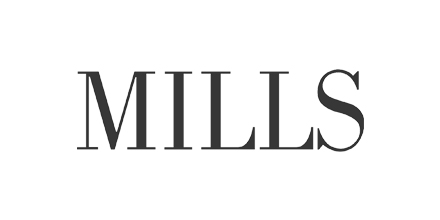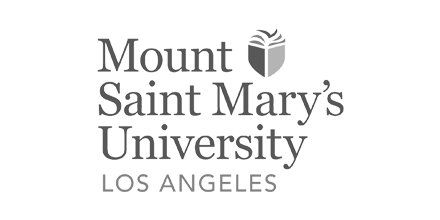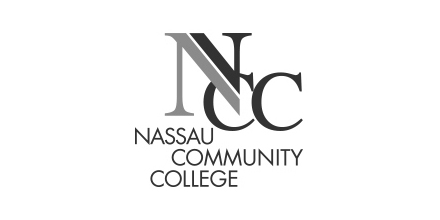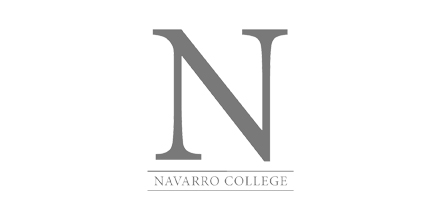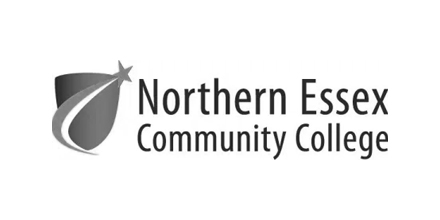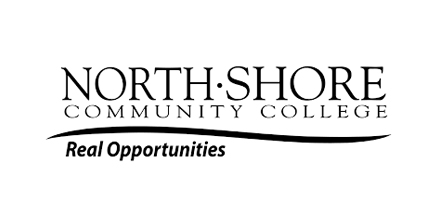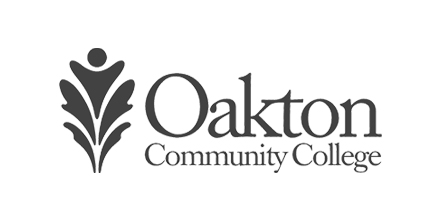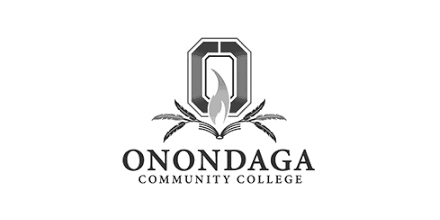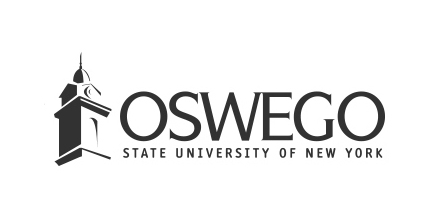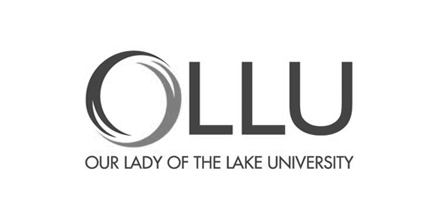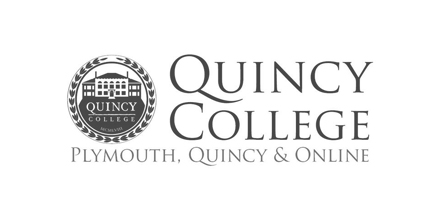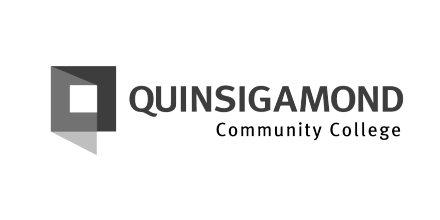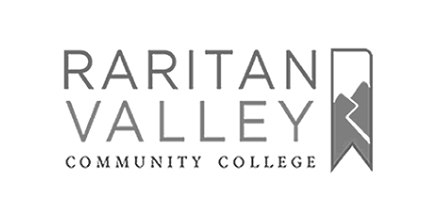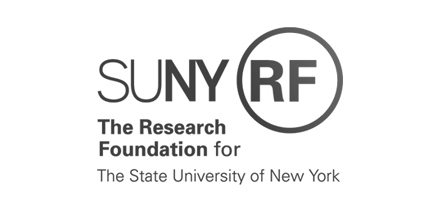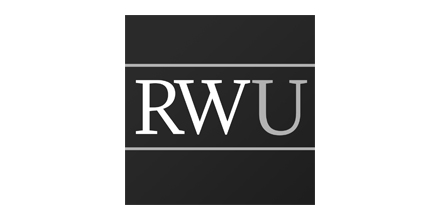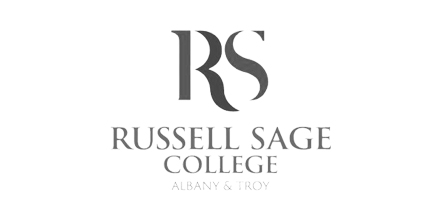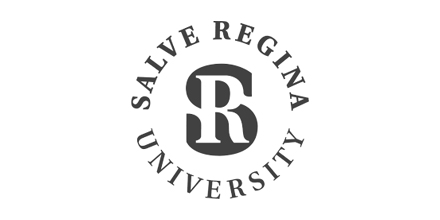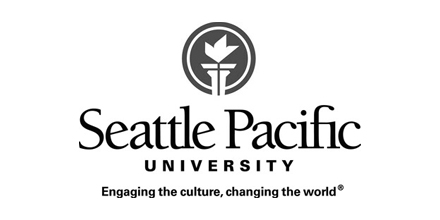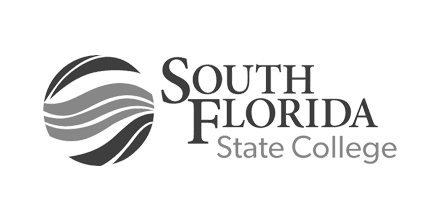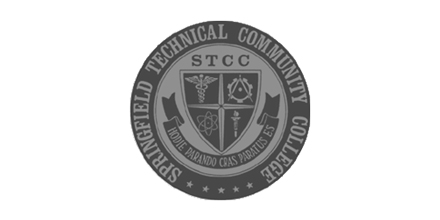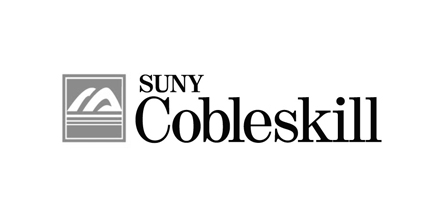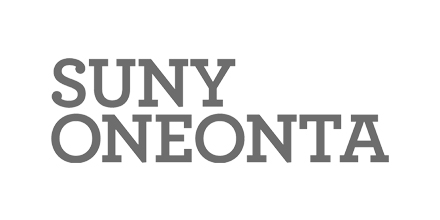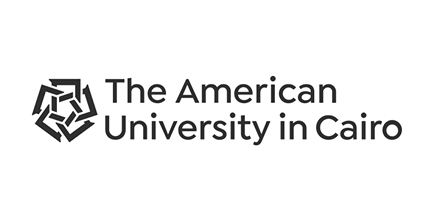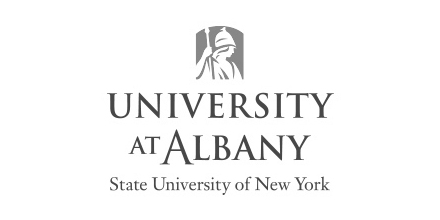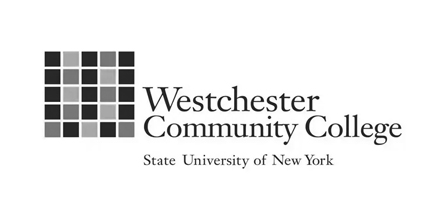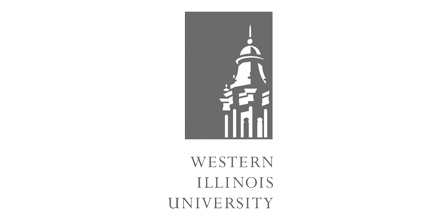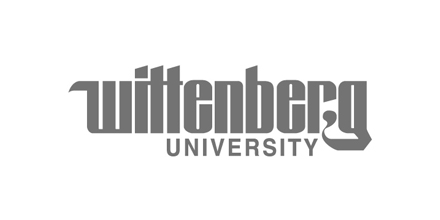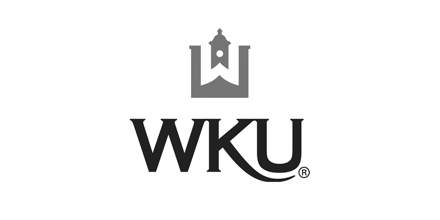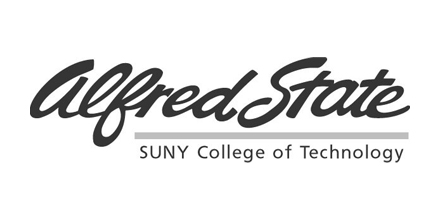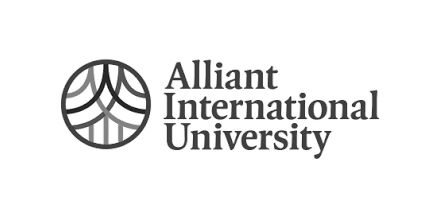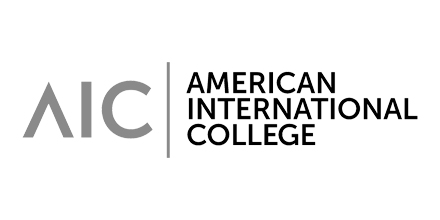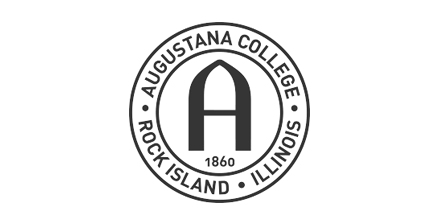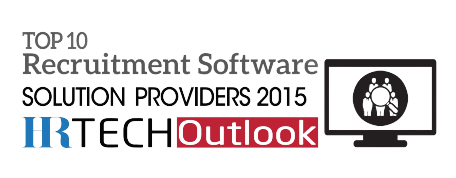Frequent employee absences can greatly impact your company’s workflow. Absenteeism goes beyond simply missing workdays; it encompasses tardiness, early departures, and even reduced productivity due to illness or disengagement. This can significantly disrupt workflows, decrease overall output, and ultimately impact your bottom line.
Let’s delve deeper into absenteeism – its causes, consequences, and most importantly, how to prevent it.
Understanding the Reasons Behind Absence
Employees miss work for various reasons. Some absences are legitimate, like unexpected illnesses, family emergencies, or pre-approved leave for vacations or personal commitments. However, chronic absenteeism, marked by frequent and often unexplained absences, can point to deeper issues.
These might include low morale, a stressful work environment, unclear job expectations, or even a lack of work-life balance. By identifying and addressing the root causes, companies may be able to create a more positive work experience and reduce absenteeism.
The Domino Effect of Absenteeism
The ripple effects of absenteeism are far-reaching. When employees are absent, the workload falls on those present, potentially leading to stress and burnout. Missed deadlines and delays can damage client relationships and impact sales. Furthermore, a culture of frequent absences can erode team morale and hinder overall productivity.
Building a Culture of Wellbeing and Presence
Fortunately, there are ways to combat absenteeism. First and foremost, fostering a positive work environment that prioritizes employee well-being is crucial. This can involve offering flexible work arrangements, on-site wellness programs, and encouraging open communication between supervisors and employees. Open communication allows for early identification of potential issues that might lead to absences, allowing for proactive solutions.
Clear Expectations and Policies
Having a clear and well-communicated attendance policy is vital. This document should outline your company’s expectations regarding attendance, consequences for various absences, and the procedures for requesting leave. Transparency and clear guidelines help to ensure fairness and understanding.
Recognizing and Rewarding the Right Behaviors
Positive reinforcement is an underestimated approach to employee behavior. Recognizing and rewarding employees with good attendance habits shows your appreciation for their dedication and reliability. This can take the form of public praise, bonus programs, or additional paid time off.
Offering Paid Time Off Makes a Difference
Providing paid sick leave and vacation days allows employees to take necessary time off without financial worry. This encourages responsible use of leave and reduces the likelihood of unscheduled absences due to minor illnesses or personal needs.
Taking Action for a Healthier Workplace
Absenteeism doesn’t have to be a chronic issue. By implementing these strategies and creating a culture of well-being and accountability, you can significantly improve attendance rates.
A healthy attendance record benefits both the employee, who experiences less stress and increased job satisfaction, and the company enjoys greater productivity and a more reliable workforce. Take a proactive approach to absenteeism prevention and reap the rewards of a more engaged and present team.



